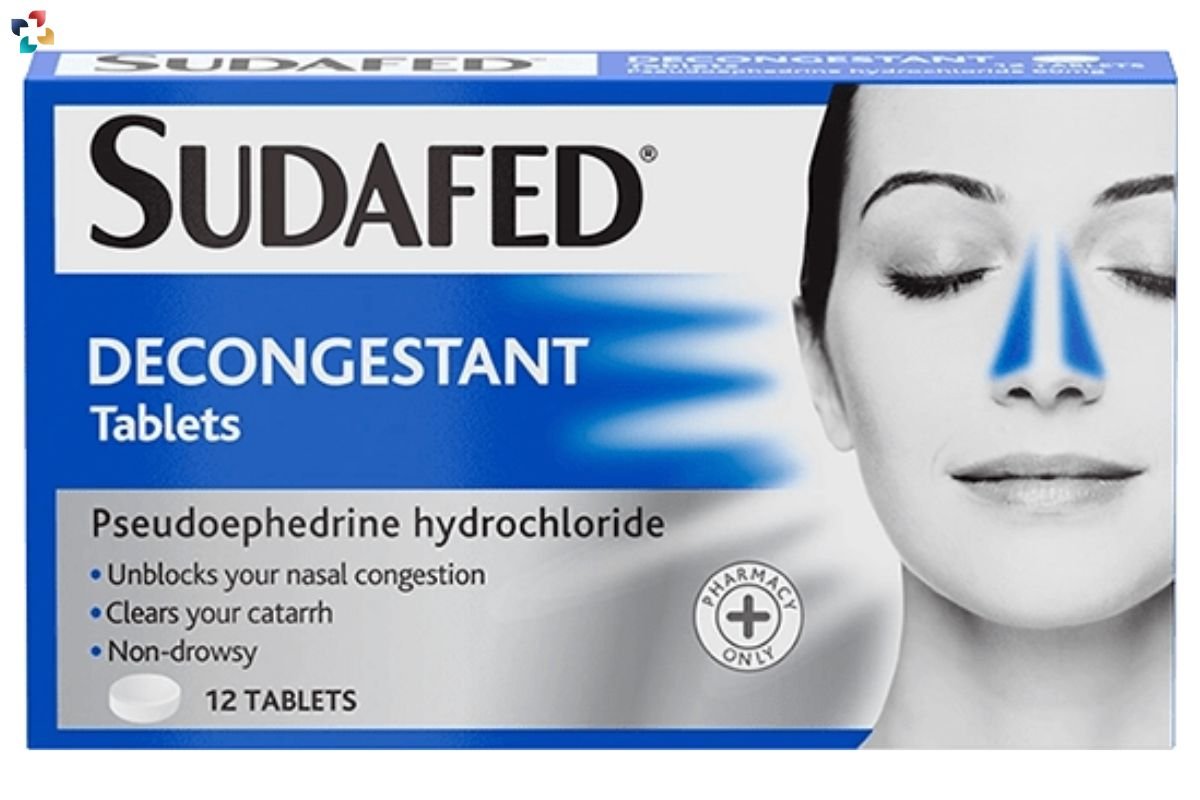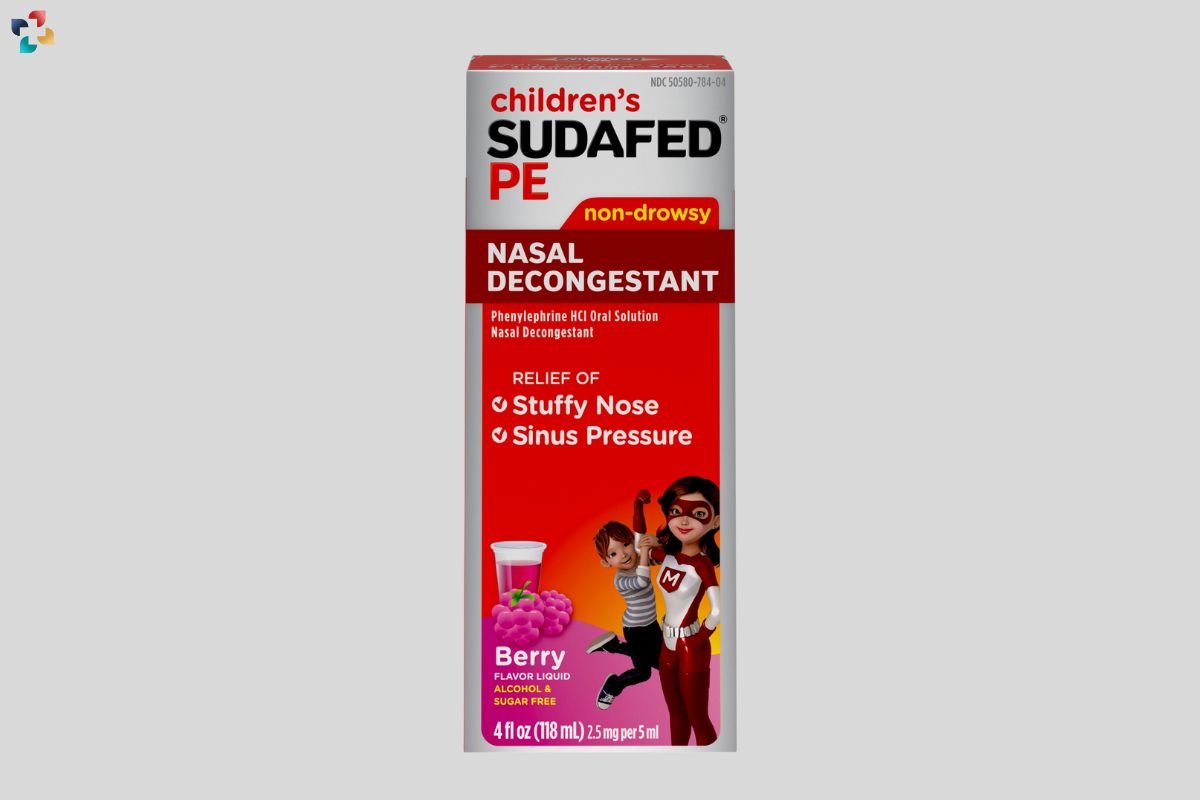Over-the-counter (OTC) decongestants are a common remedy for relieving nasal congestion caused by colds, allergies, and sinus infections. These medications help reduce swelling and mucus production in the nasal passages, making it easier to breathe. In this article, we will explore the different types of OTC decongestants, their benefits, potential side effects, and tips for safe usage.
Understanding Nasal Congestion
Nasal congestion occurs when the tissues lining the nose become swollen due to inflamed blood vessels. This inflammation can be caused by various factors, including viral infections (such as the common cold), allergies, or sinus infections. Symptoms of nasal congestion include a stuffy or runny nose, difficulty breathing through the nose, and sinus pressure.
Types of OTC Decongestants
There are two primary types of OTC decongestants: oral decongestants and nasal decongestant sprays. Each type has its unique benefits and considerations.
1. Oral Decongestants
Oral decongestants come in pill or liquid form and work by constricting the blood vessels in the nasal passages, reducing swelling and congestion. The most common active ingredients in oral decongestants are pseudoephedrine and phenylephrine.
- Pseudoephedrine: Often found in products like Sudafed, pseudoephedrine is a highly effective decongestant. However, it is regulated due to its potential misuse in the production of methamphetamine. Therefore, it is typically stored behind the pharmacy counter, and consumers may need to show identification to purchase it.
- Phenylephrine: Found in products like Sudafed PE, phenylephrine is an alternative to pseudoephedrine. It is available without restrictions but is generally considered less effective than pseudoephedrine.
2. Nasal Decongestant Sprays

Nasal decongestant sprays deliver medication directly to the nasal passages, providing quick relief from congestion. The most common active ingredients in nasal sprays are oxymetazoline and phenylephrine.
- Oxymetazoline: Found in products like Afrin, oxymetazoline is a potent nasal decongestant that can provide relief for up to 12 hours. However, it should not be used for more than three consecutive days to avoid rebound congestion.
- Phenylephrine: Also used in some nasal sprays, phenylephrine is less potent than oxymetazoline but can still be effective for short-term relief.
Benefits of OTC Decongestants
This offers several benefits for individuals suffering from nasal congestion:
- Quick Relief: Nasal sprays can provide rapid relief, often within minutes of use, making them ideal for immediate symptom management.
- Ease of Access: OTC decongestants are readily available at pharmacies and grocery stores without the need for a prescription.
- Variety of Options: With both oral and nasal options, individuals can choose the form that best suits their needs and preferences.
Potential Side Effects
While OTC decongestants are generally safe when used as directed, they can cause side effects, particularly if used improperly or for extended periods.
Common Side Effects
- Increased Heart Rate: Oral decongestants can cause an increase in heart rate and blood pressure, which may be concerning for individuals with heart conditions or hypertension.
- Insomnia: Because decongestants can stimulate the nervous system, they may cause difficulty sleeping if taken too close to bedtime.
- Dryness: Nasal sprays can cause dryness and irritation in the nasal passages with prolonged use.
Serious Side Effects
- Rebound Congestion: Prolonged use of nasal sprays (beyond three days) can lead to rebound congestion, where the nasal passages become even more congested when the medication is discontinued.
- Severe Allergic Reactions: Although rare, some individuals may experience severe allergic reactions to decongestants, including difficulty breathing, rash, and swelling.
Tips for Safe Usage
To maximize the benefits of OTC decongestants and minimize the risk of side effects, consider the following tips:
1. Read Labels Carefully
- Always read the labels of OTC decongestants to understand the active ingredients, recommended dosage, and potential side effects. Pay attention to any warnings or precautions listed on the packaging.
2. Follow Dosage Instructions
- Adhere to the recommended dosage and frequency of use. Do not exceed the maximum daily dose, and avoid using nasal sprays for more than three consecutive days.
3. Consult with a Healthcare Provider
- If you have underlying health conditions, such as heart disease, hypertension, or diabetes, consult with a healthcare provider before using OTC decongestants. They can provide guidance on the safest options and dosages for your specific situation.
4. Consider Non-Medication Alternatives
- In addition to OTC decongestants, consider using non-medication alternatives to relieve nasal congestion. These include saline nasal sprays, steam inhalation, humidifiers, and staying hydrated.
Popular OTC Decongestant Brands

Several well-known brands offer a range of OTC decongestant products. Here are some popular options:
1. Sudafed
- Sudafed (Pseudoephedrine): This oral decongestant is known for its effectiveness in relieving nasal congestion. It is available in various strengths and formulations, including extended-release tablets.
- Sudafed PE (Phenylephrine): An alternative to pseudoephedrine, Sudafed PE is available without restrictions and can be used for short-term relief of congestion.
2. Afrin
- Afrin (Oxymetazoline): Afrin nasal spray provides fast-acting relief from nasal congestion and can be used for up to 12 hours. It is important to follow the recommended usage guidelines to avoid rebound congestion.
3. Mucinex
- Mucinex (Pseudoephedrine): Known for its dual-action formula, Mucinex combines a decongestant with an expectorant to relieve congestion and help clear mucus from the airways.
4. Vicks Sinex
- Vicks Sinex (Phenylephrine): This nasal spray offers quick relief from congestion and is formulated with soothing ingredients to reduce irritation.
Special Considerations for Children

These are not always suitable for children, particularly those under the age of 6. Children’s formulations are available, but it is crucial to follow age-specific dosage recommendations and consult with a pediatrician before administering these medications.
Children’s Decongestants
- Children’s Sudafed: This formulation is designed specifically for children and contains lower doses of pseudoephedrine or phenylephrine.
- Little Remedies: This brand offers a variety of child-friendly decongestant products, including nasal drops and sprays.
When to Seek Medical Attention
While OTC decongestants can provide relief for mild to moderate nasal congestion, there are situations where medical attention may be necessary:
- Persistent Symptoms: If nasal congestion persists for more than a week or is accompanied by severe symptoms, such as high fever or facial pain, seek medical advice.
- Underlying Health Conditions: Individuals with chronic health conditions, such as asthma or chronic sinusitis, should consult with a healthcare provider to determine the most appropriate treatment.
- Adverse Reactions: If you experience severe side effects or an allergic reaction to an OTC decongestant, discontinue use immediately and seek medical attention.

Understanding and Managing Sinus Headaches: A Comprehensive Guide
This comprehensive guide delves into the intricacies of sinus headaches, providing insights into their causes, symptoms, and available treatments.
Conclusion
OTC decongestants are a convenient and effective option for relieving nasal congestion caused by colds, allergies, and sinus infections. Understanding the different types of decongestants, their benefits, potential side effects, and safe usage practices can help you choose the right product for your needs. Always read labels carefully, follow dosage instructions, and consult with a healthcare provider if you have any concerns or underlying health conditions. By using OTC decongestants responsibly, you can breathe easier and find relief from nasal congestion.
OTC decongestants offer a range of options for individuals seeking relief from nasal congestion. Whether you prefer oral tablets or nasal sprays, there is a product to suit your needs. By following safe usage guidelines and considering non-medication alternatives, you can effectively manage your symptoms and improve your quality of life. Always consult with a healthcare provider if you have any questions or concerns about using OTC decongestants, and remember to seek medical attention if your symptoms persist or worsen.







